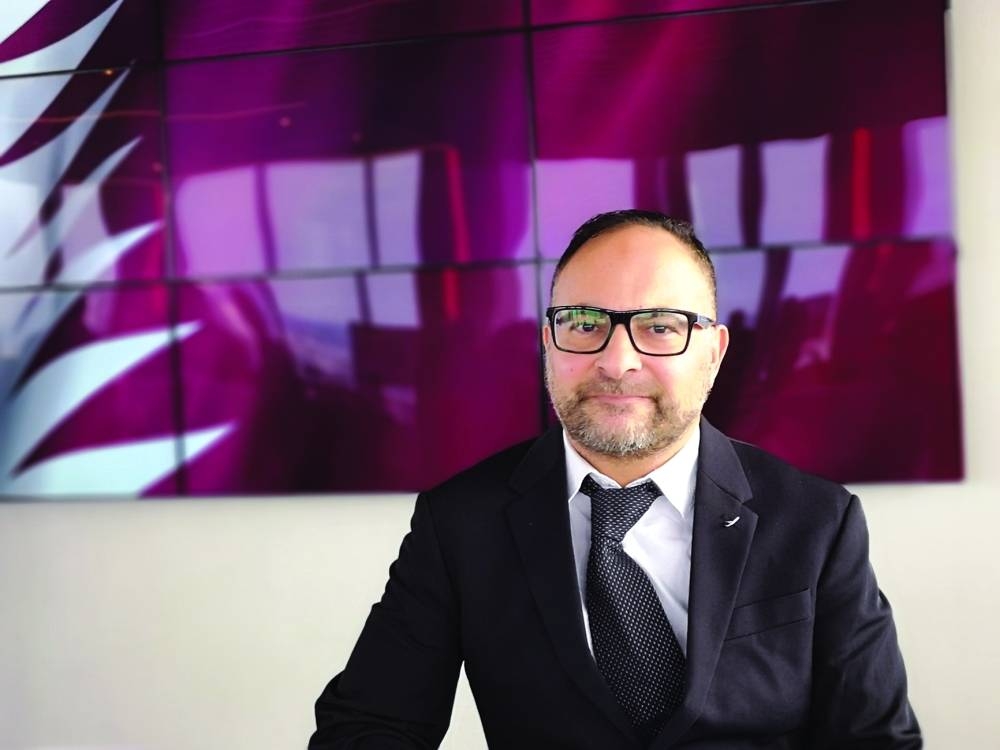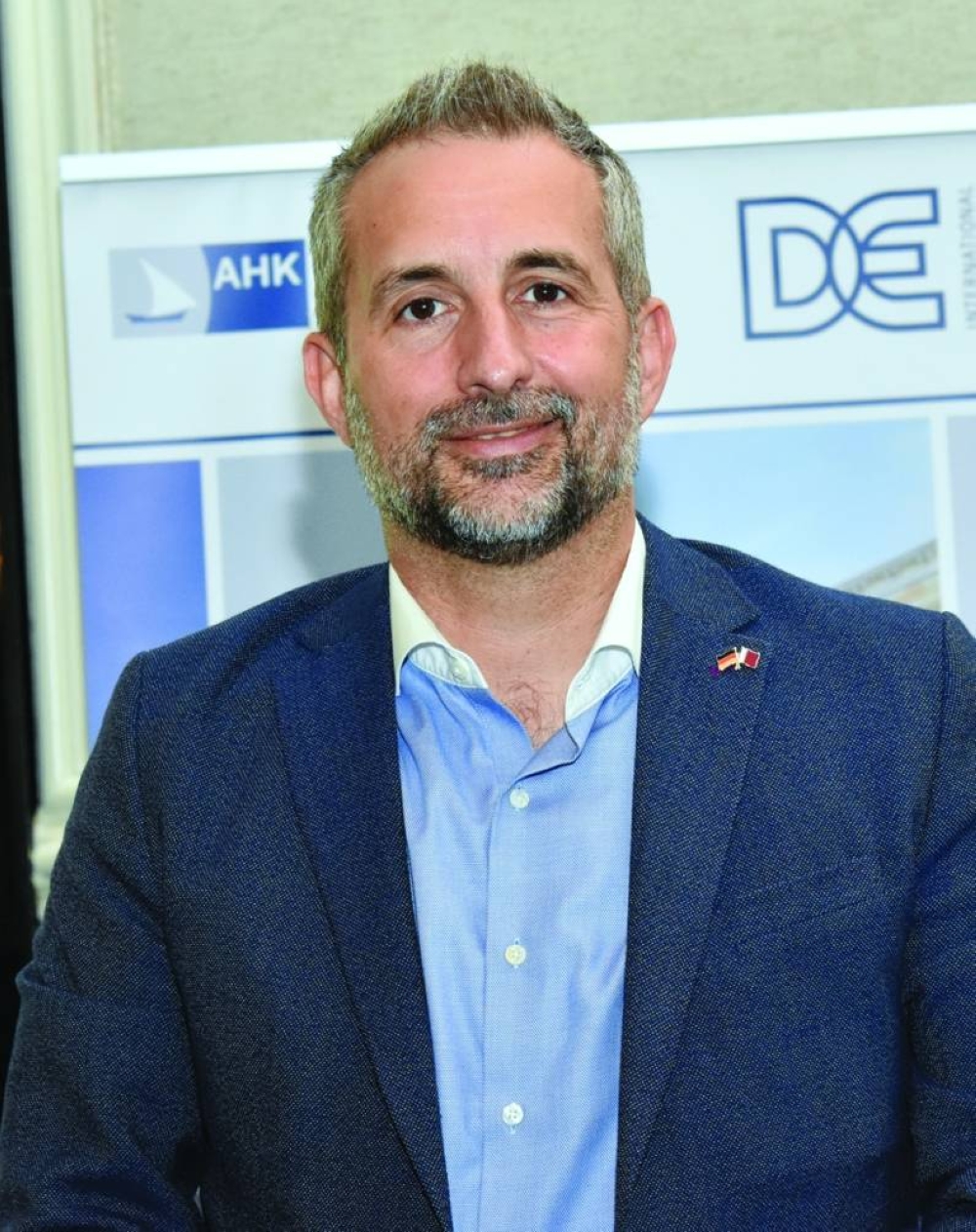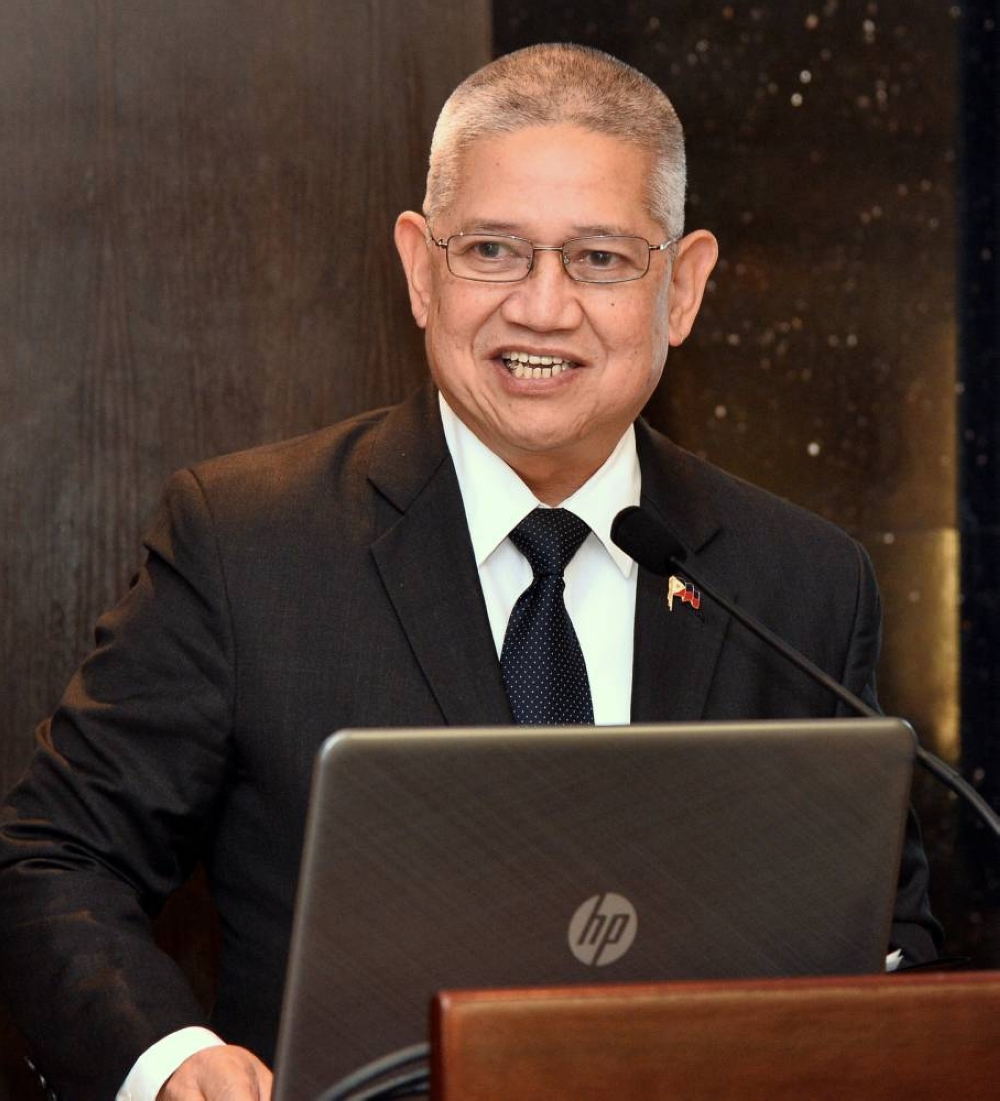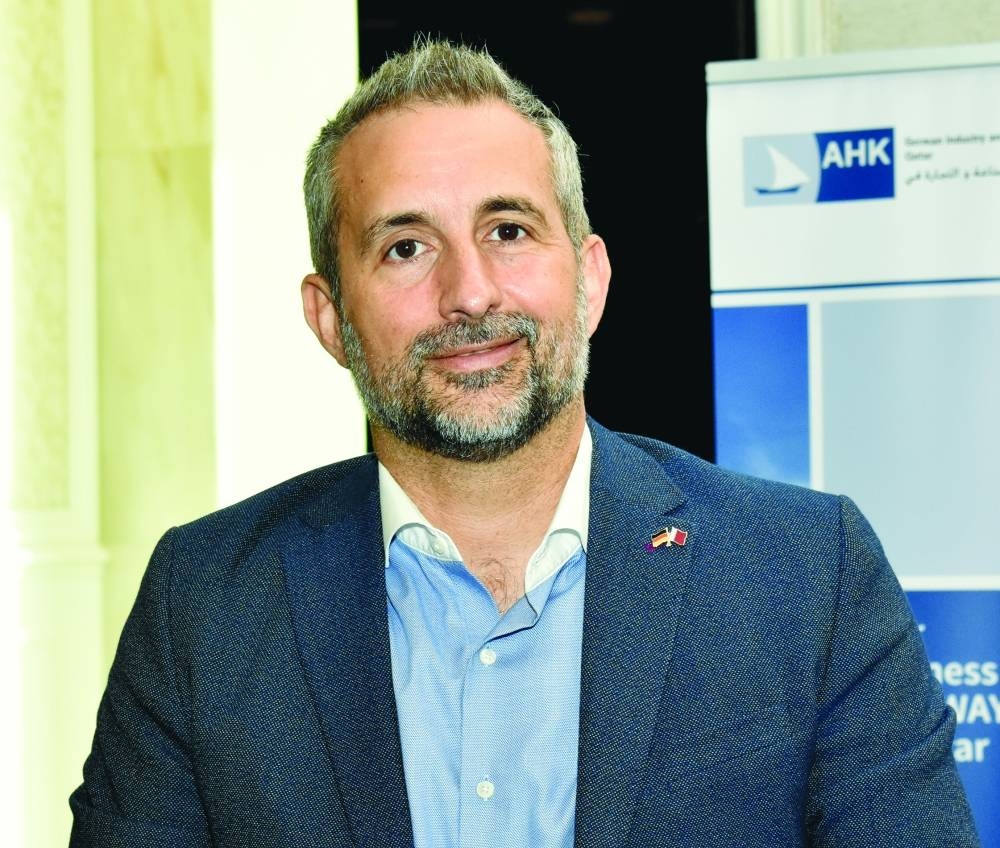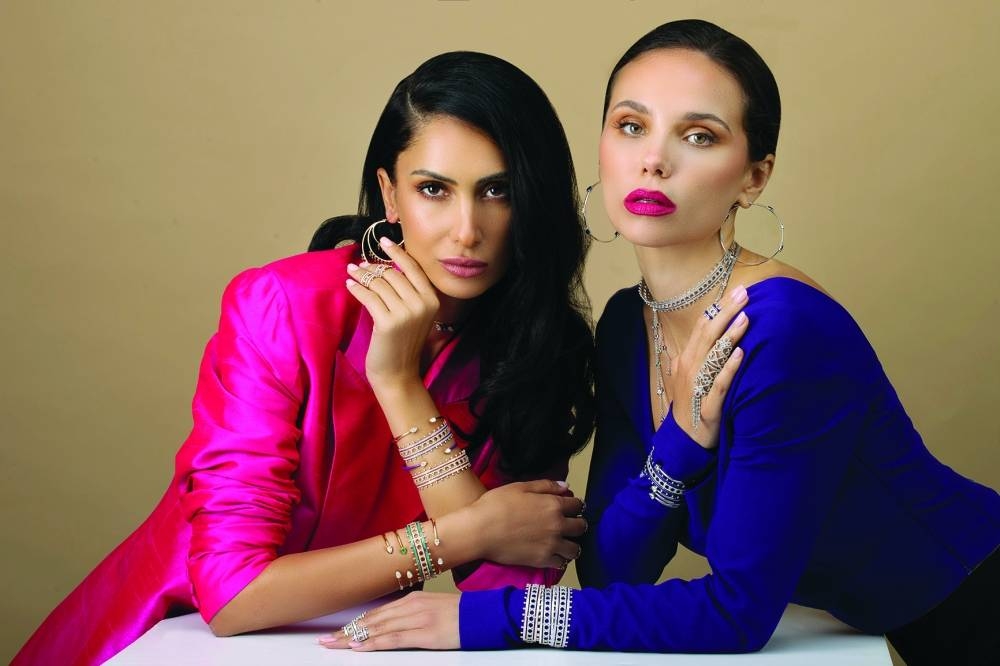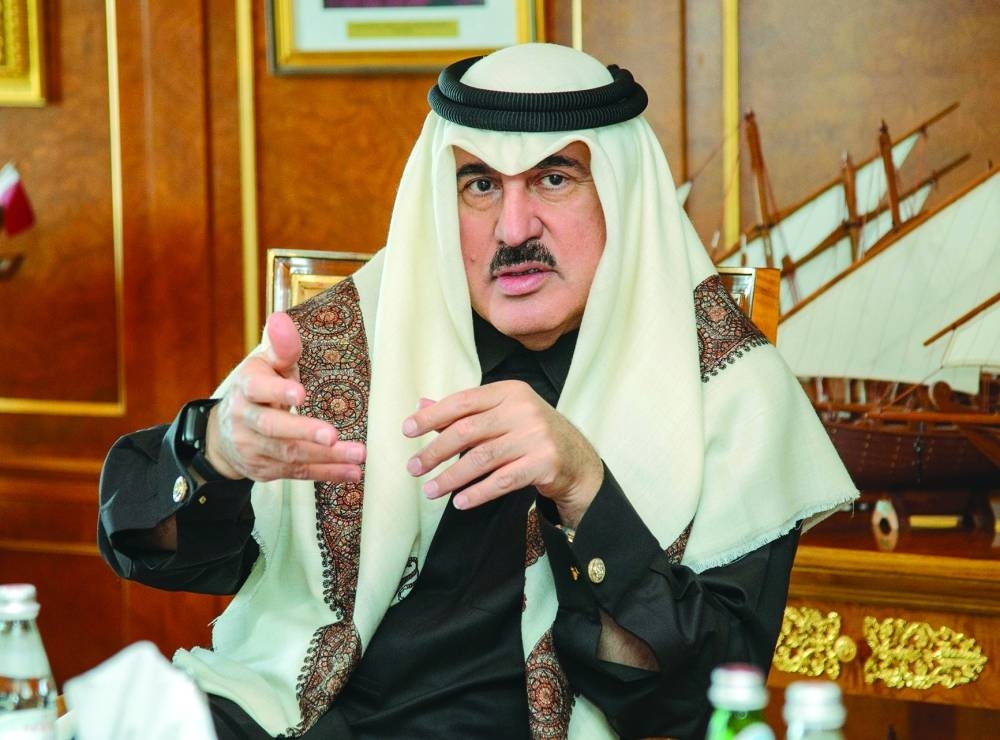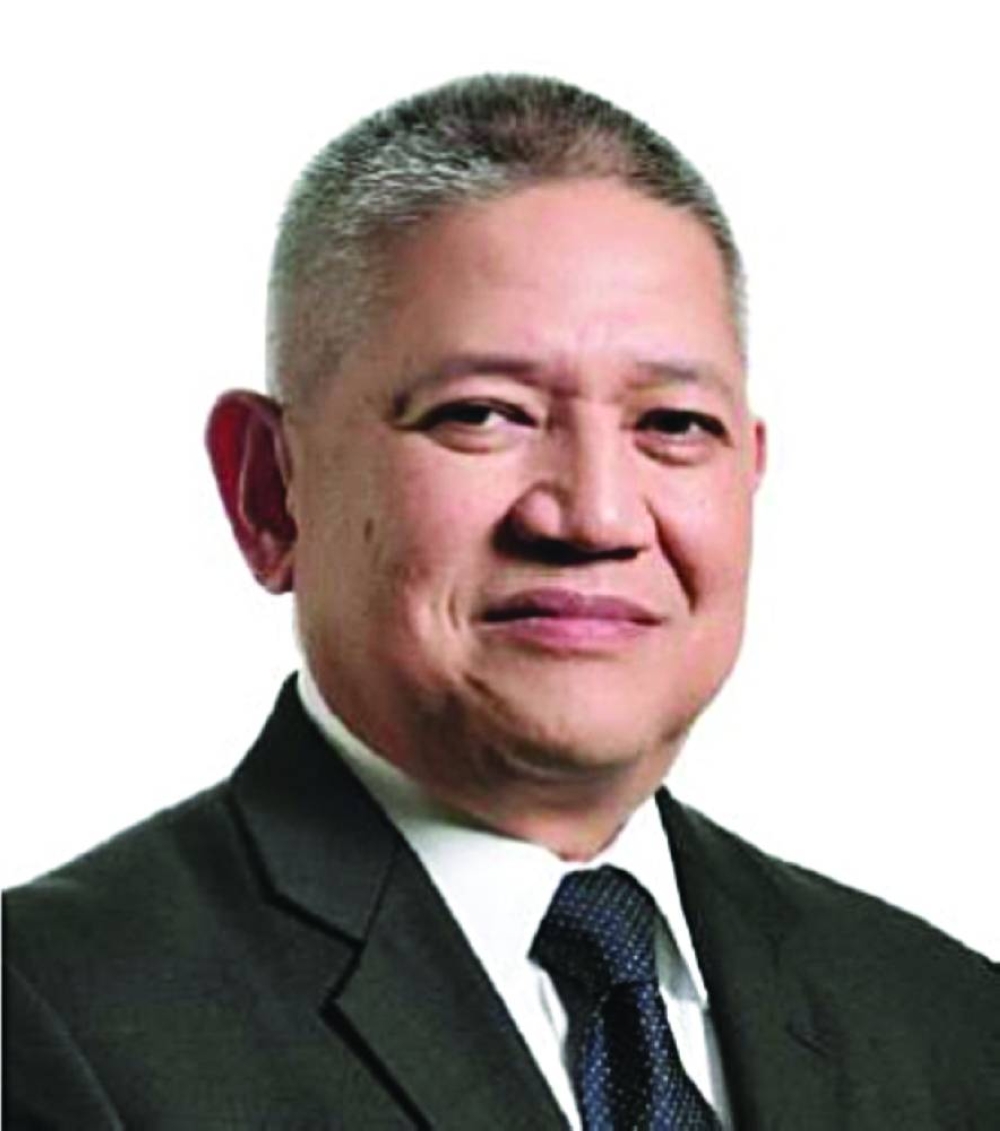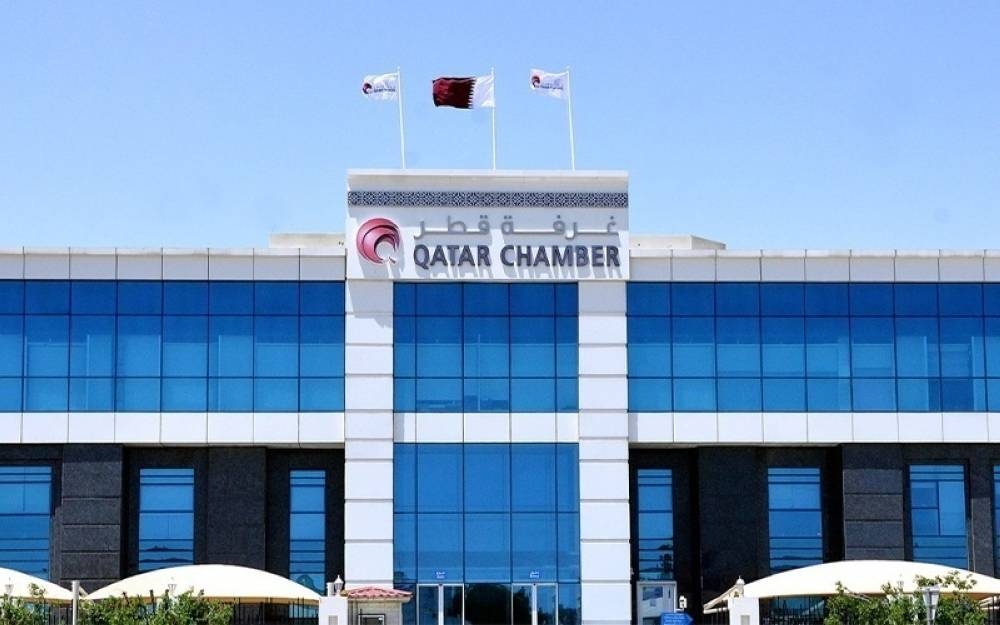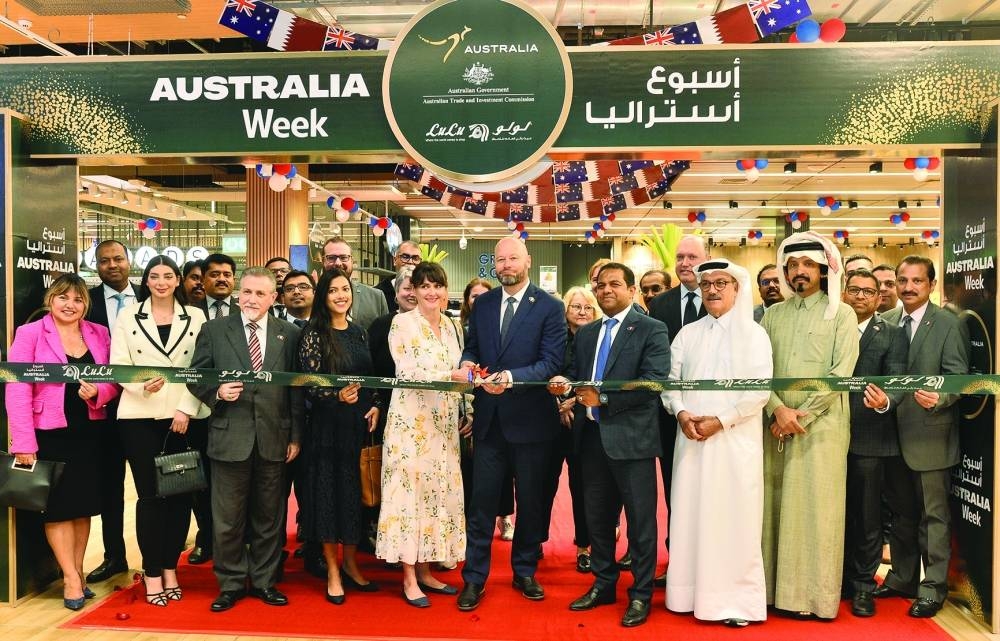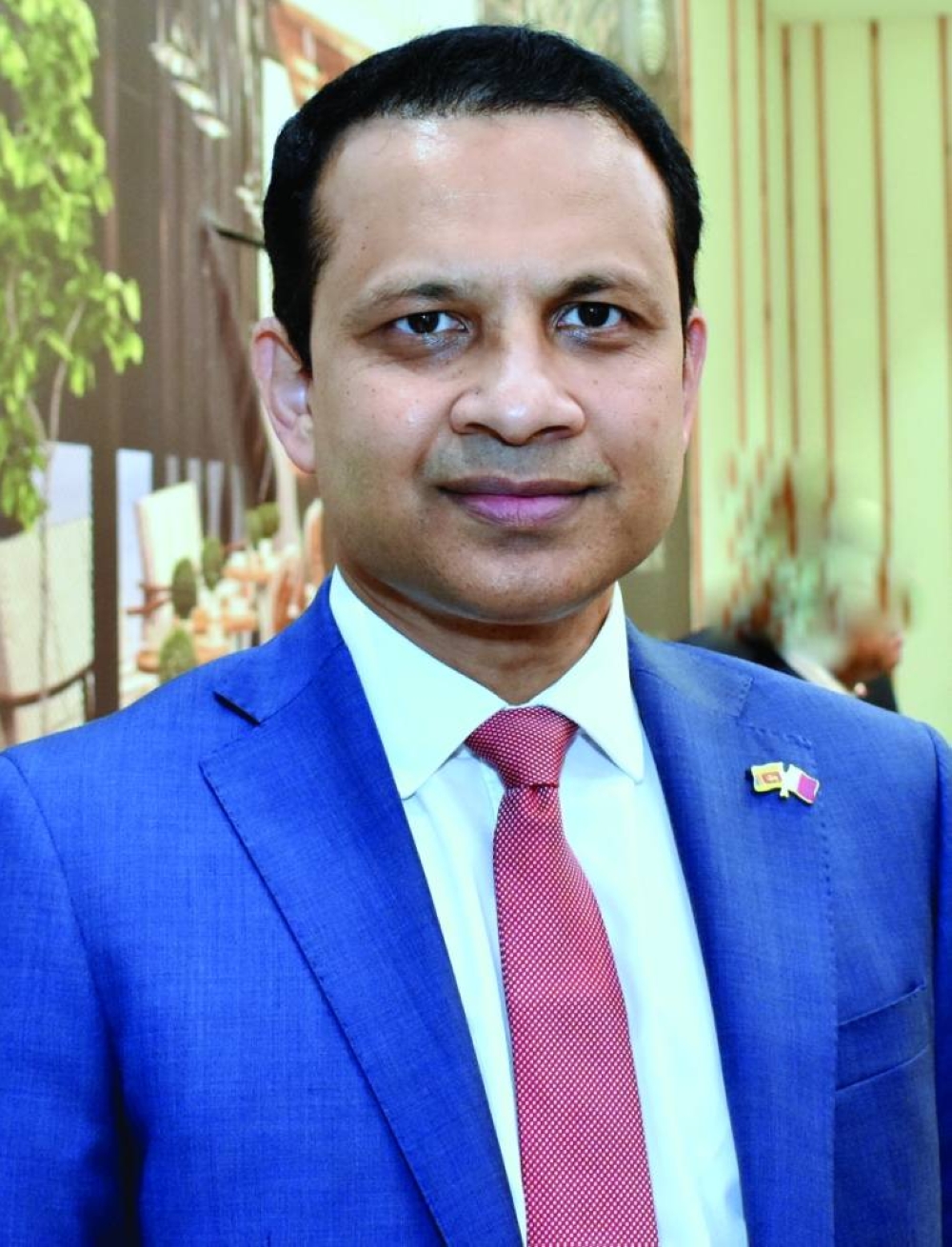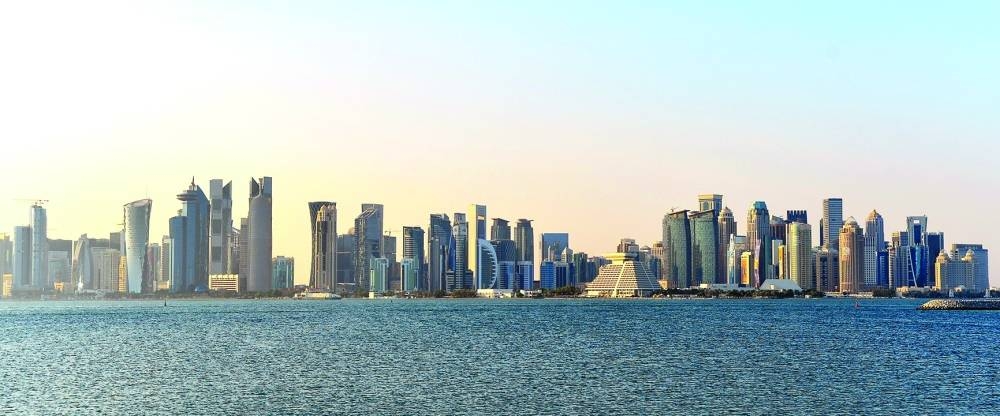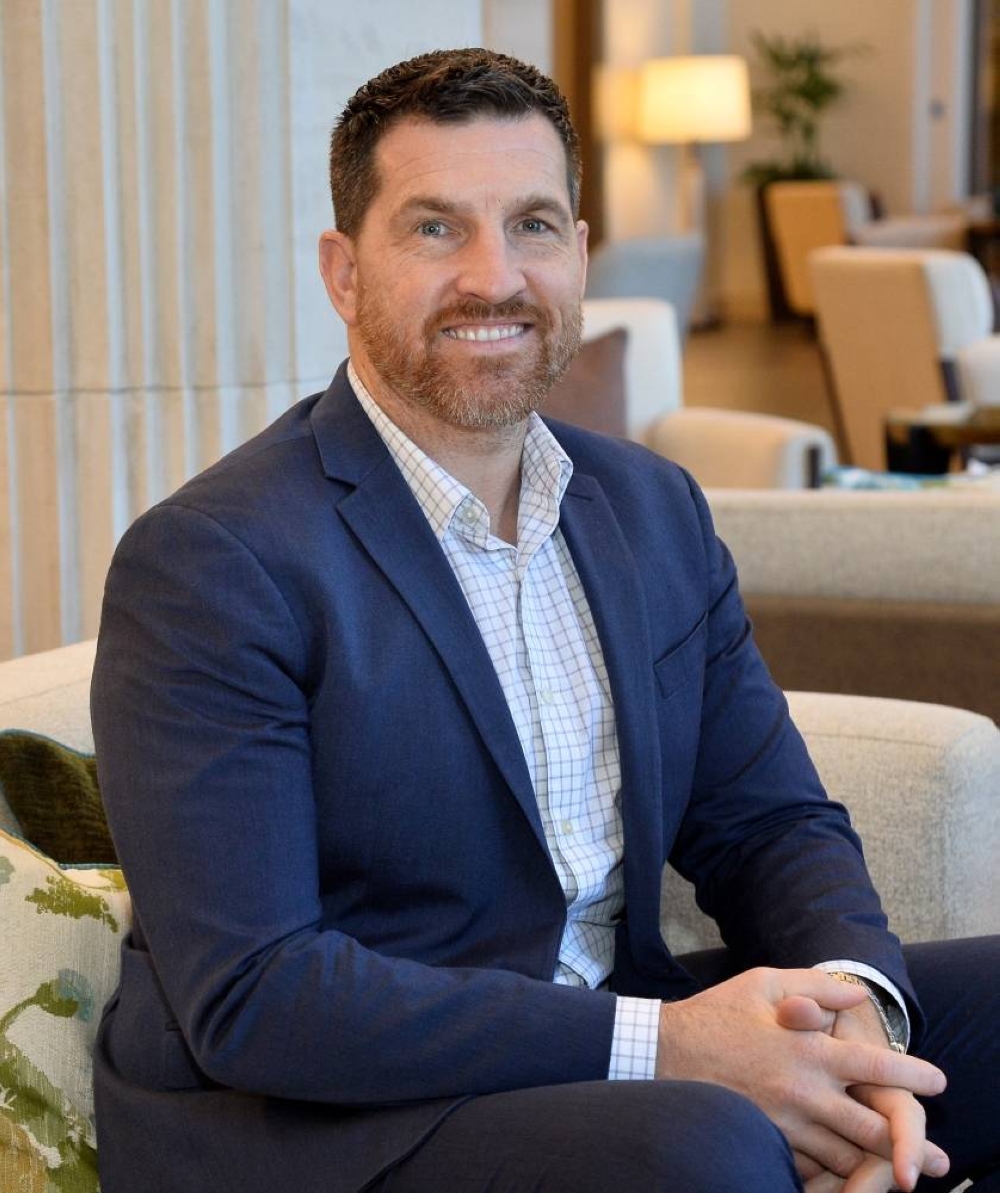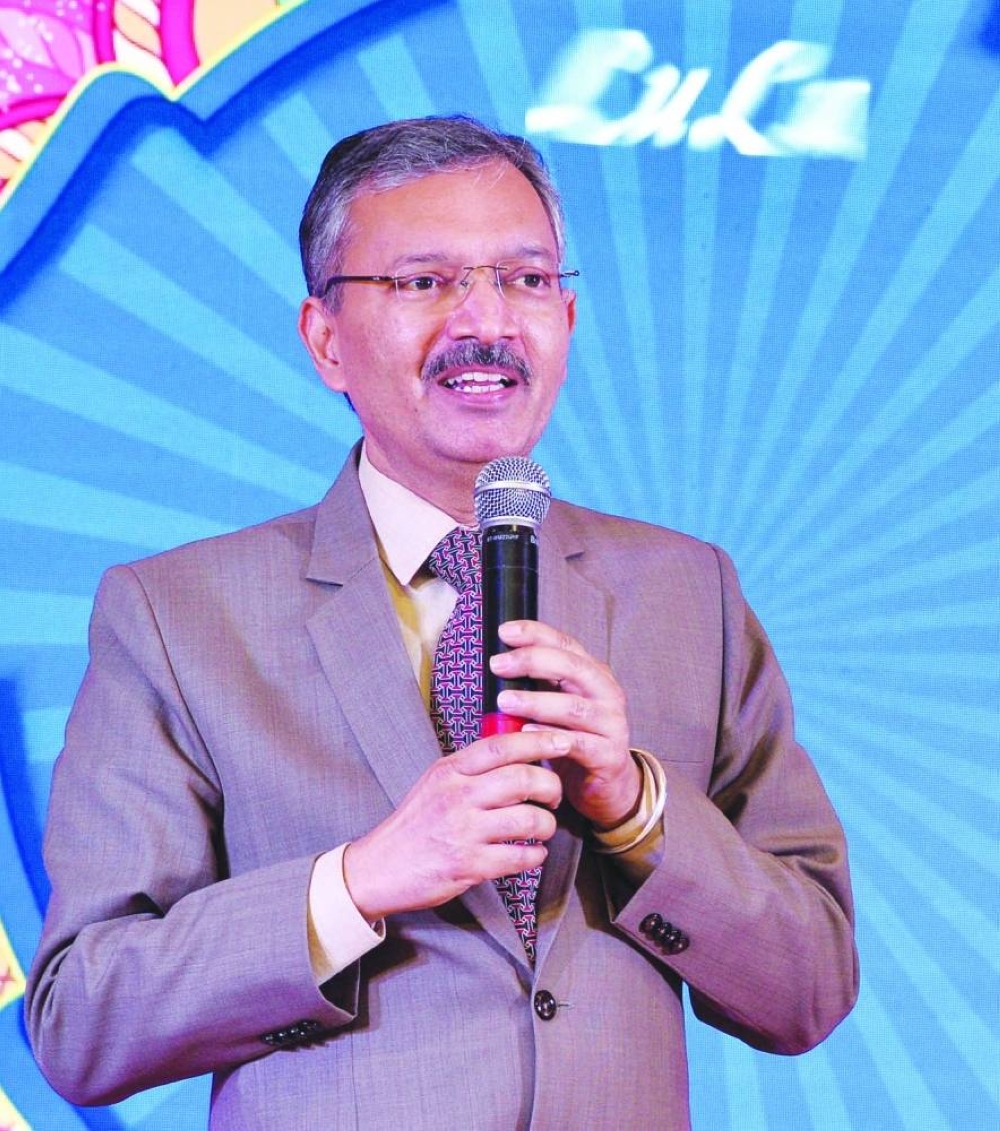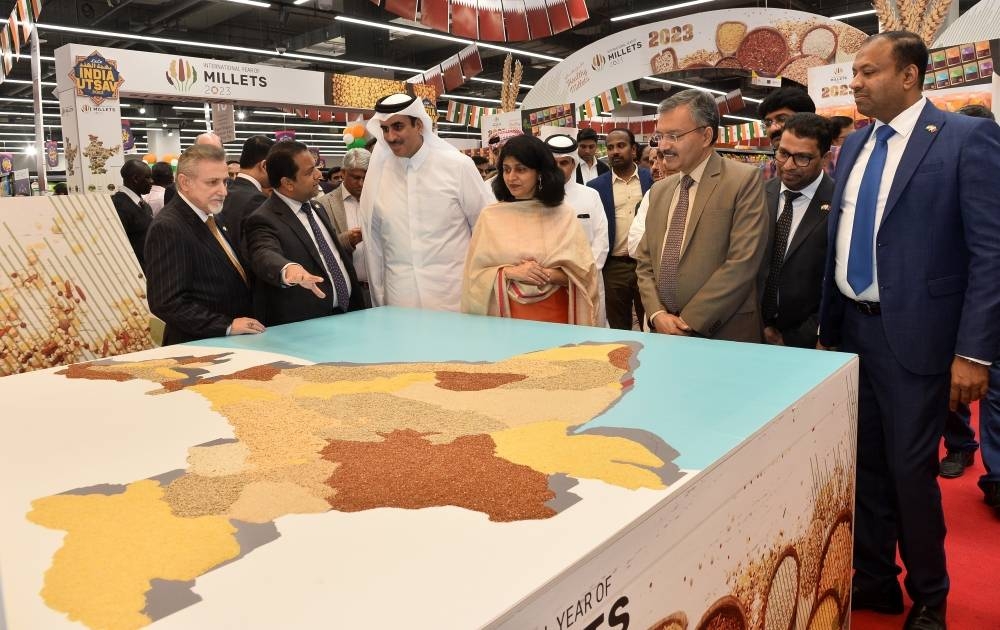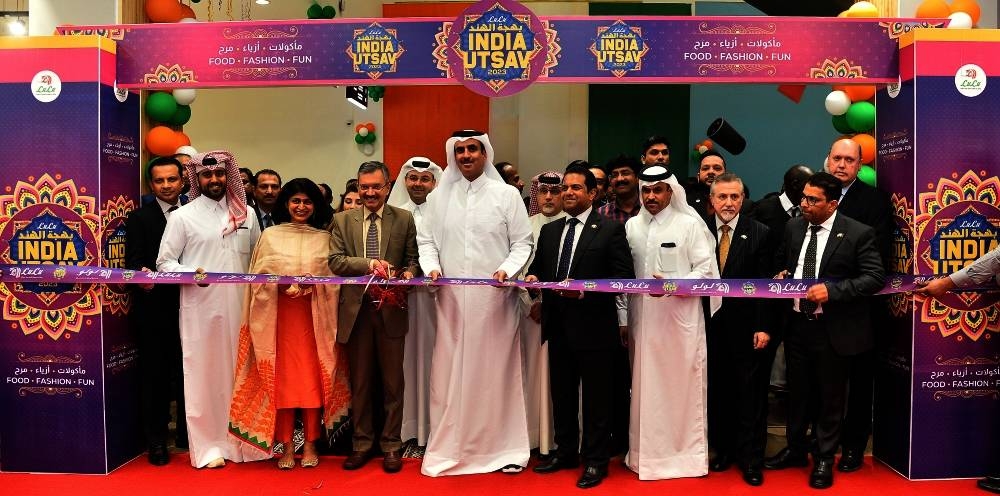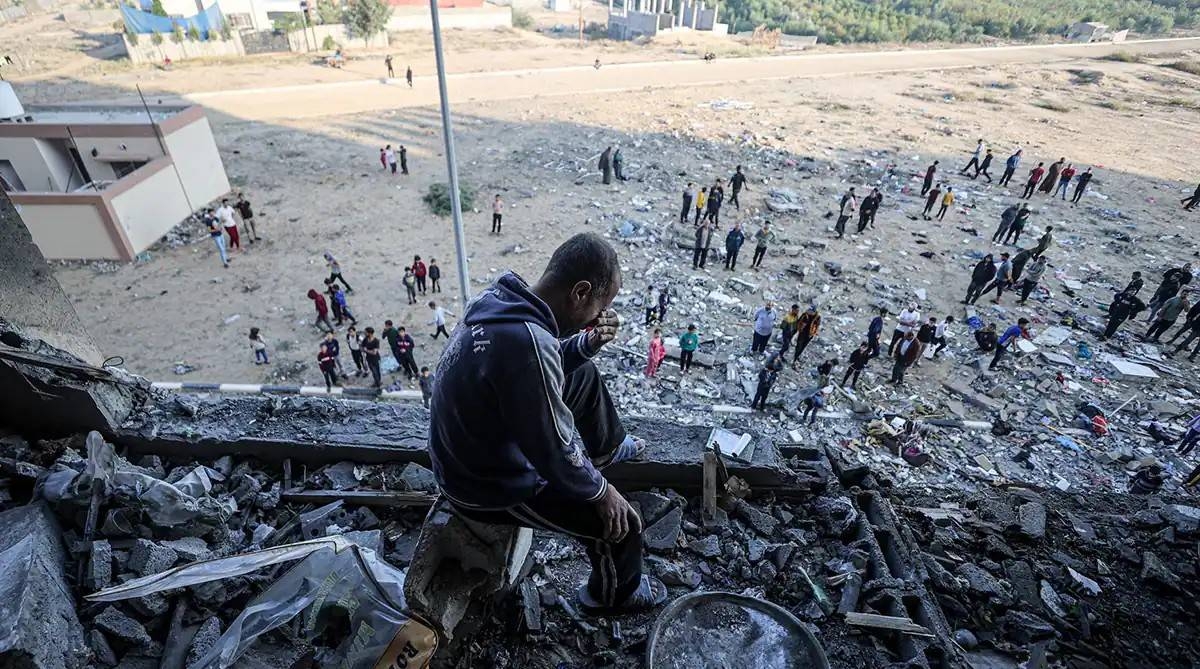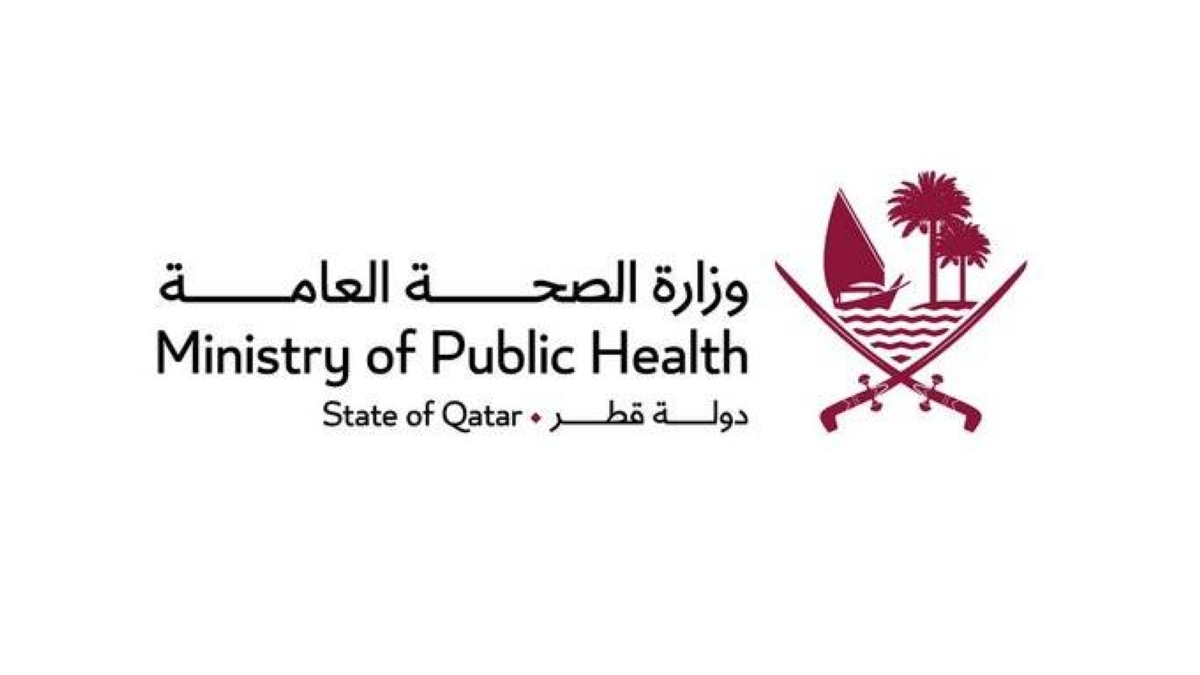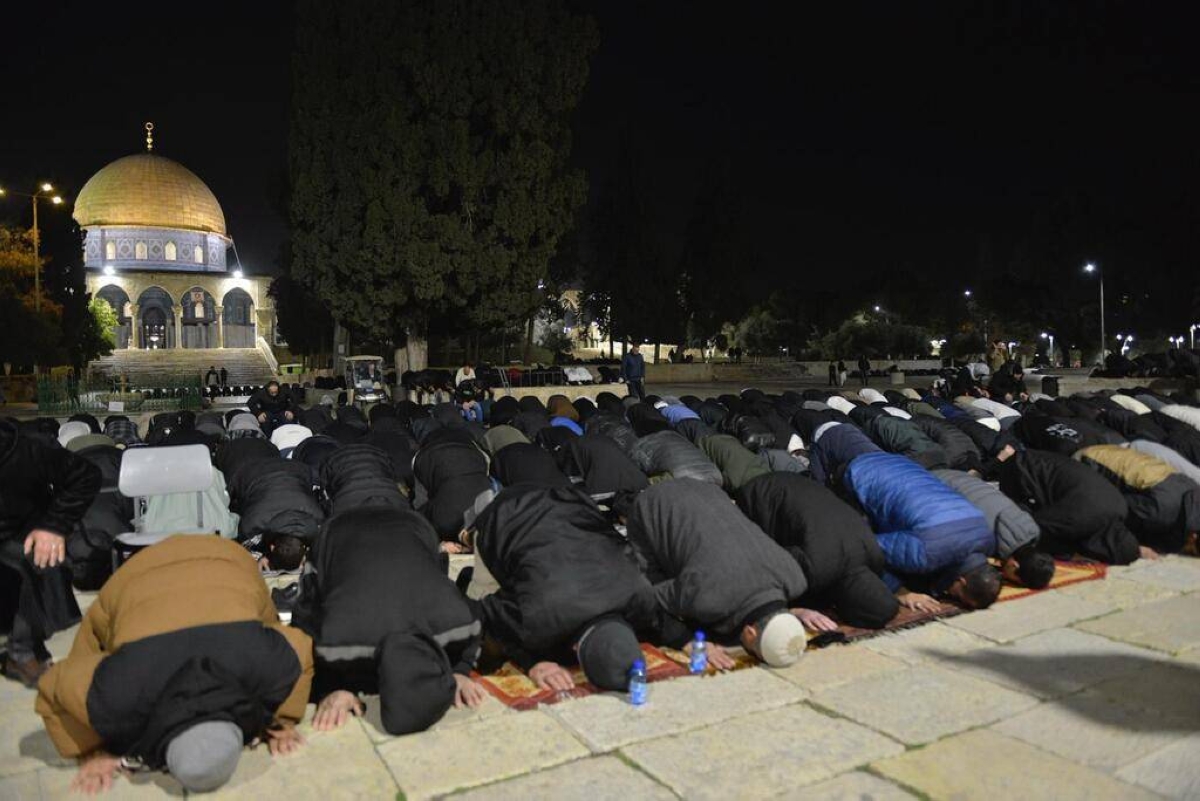The Canadian-Qatari Business Forum (CQBF) is seeking to play a key role in increasing the volume Qatar’s investments in Canada’s wide range of sectors, an official has said.In an interview with Gulf Times, CQBF executive director and board member Yasser M Dhouib said that in the next two years, the business forum plans to establish a strategic economic alliance between Canada and Qatar in the trade, business, and economic fields.“Qatar ranks third in the Gulf at the level of trade exchange with Canada. The CQBF’s plans also include increasing the volume of Qatari investments in Canada in vital sectors, such as technology (AI, cybersecurity, and software development), real estate, education, medical sector and pharmaceutical industry, infrastructure, entertainment cities, and the insurance and banking sector,” he explained.Asked to provide an overview of Qatar-Canada bilateral trade and how it witnessed growth over the years, Dhouib said: “Canada and Qatar have enjoyed uninterrupted diplomatic relations since 1974. Qatar is a source of significant potential Canadian direct investment and an important security partner and diplomatic actor in the region.“As the world’s largest exporter of liquefied natural gas, the energy sector remains Qatar’s main economic driver, but the government is rapidly transforming toward a modern and diversified economy that is both hydrocarbon and knowledge-based.”Dhouib said in 2020, Qatar was Canada’s third largest merchandise trade partner in the Gulf Region and the eleventh most important partner in the Middle East and North Africa (Mena) with a bilateral merchandise trade total of about $196.2mn.Canada’s merchandise exports to Qatar in 2020 were valued at $113.5mn and included mineral ores, aircraft and parts, machinery, cereals, and scientific instruments. Canada’s 2020 merchandise imports from Qatar, valued at $82.7mn, included mineral fuels and oils, aluminium, fertilisers, chemical products, and mineral ores.“More than 9,000 Canadian expatriates live and prosper in Qatar, working within Canadian and Qatari companies and institutions. This dynamic expatriate community is very active in Qatar and helps to advance our mutual interests.“Qatar Airways offers four direct flights per week between Montréal and Doha. Since December 2020, Air Canada operates three direct flights per week between Toronto and Doha,” he said.Dhouib added: “Energy is the most important sector in 2022 and 2023. Qatar Energy has partnered with ExxonMobil to explore Canada’s East Coast (offshore Newfoundland)“Qatar Energy has signed an agreement with ExxonMobil Canada, the leading player in the province’s offshore industry, to acquire a 40% ownership of exploration license 1165A off Canada's East Coast.”

Peter Alagos
Peter Alagos reports on Business and general news for Gulf Times. He is a Kapampangan journalist with a writing career of almost 30 years. His photographs have been published in several books, including a book on the 1991 Mt. Pinatubo eruption launched by former Philippine president Fidel V. Ramos. Peter has also taught journalism in two universities.
Most Read Stories
3

